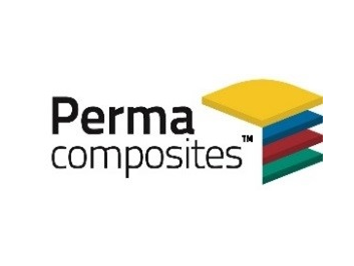Managing the quality aspects of any business by implementing an effective Quality Management System (QMS) is just plain good business sense. At its core a quality management system is an integrative element, uniting diverse aspects of a company into a unified purpose of delivering products/services in their best form. Rather than be seen as a cost burden, an effective quality management system is viewed as key element of success.
8 Key Elements
Quality management systems have eight key elements:
1. Customer Focus
Organizations can establish this focus by trying to understand and meet their customers’ current and future requirements and expectations.
2, Leadership
Organizations succeed when leaders establish and maintain the internal environment in which employees can become fully involved in achieving the organization’s unified objectives.
3. Involvement of people
Organizations succeed by retaining competent employees, encouraging continuous enhancement of their knowledge and skills, and empowering them, encouraging engagement and recognizing achievements.
4. Process approach
Organizations enhance their performance when leaders manage and control their processes, as well as the inputs and outputs that tie these processes together.
5. System approach to management
Organizations sustain success when processes are managed as one coherent quality management system.
6. Continuous improvement
Organizations will maintain current levels of performance, respond to changing conditions, and identify, create and exploit new opportunities when they establish and sustain an ongoing focus on improvement.
7. Factual approach to decision making
Organizations succeed when they have established an evidence-based decision making process that entails gathering input from multiple sources, identifying facts, objectively analysing data, examining cause/effect, and considering potential consequences.
8. Mutually beneficial supplier relationship
Organizations that carefully manage their relationships with suppliers and partners can nurture positive and productive involvement, support and feedback from those entities.
SAFCOM Risk Management specializes in implementing fully integrated management systems that take a holistic view of an organisations operations to ensure compliance, profitability and best management practices.
Let’s talk about how we can serve you
Take the next step to ensure your business is productive, compliant, profitable and structured for future growth and success.
Greg Comans of SAFCOM Risk Management has worked with Perma Composites® over the last 4 years and has been instrumental in the business achieving its ISO 9001 and AS/NZS 4801 accreditation. Greg is currently assisting our business to achieve CodeMark certification while ensuring continual improvement of our management systems.
SAFCOM Risk Management were recommended to us by a large Engineering company called OJG Engineering. We were in a bit of a pickle with our HSE documentation and being a very small company, we were having trouble complying with Water Corporation’s challenging requirements. Greg Comans worked tirelessly to a very tight deadline, upgrading our Systems and Documentation to meet our clients expectations. We were very impressed with SAFCOM’s Trust, Reliability and Professionalism. Highly recommended. Forever grateful, Tony and Shelley Fazioli, Fazfab Pty Ltd.
Greg Comans service is impeccable and we wouldn’t be in a tier 3 with Water Corp with out his help—Denaro Earthmoving



